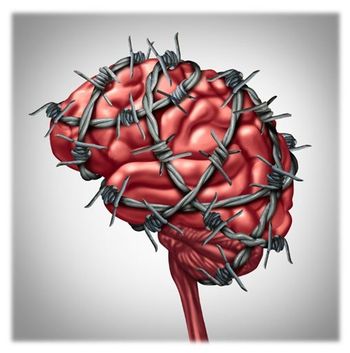
The Prinzhorn collection laid the groundwork for psychiatric art and inspired many modern artists.

The Prinzhorn collection laid the groundwork for psychiatric art and inspired many modern artists.
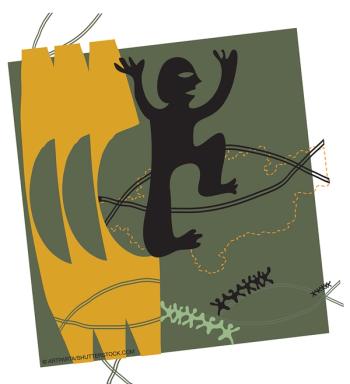
While much in the history of “madness” has changed over the course of time, one of the most consistent-yet sometimes overlooked-features of that history has been the presence of the visual arts.
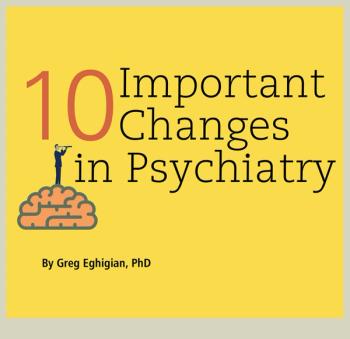
The events here were cited as the most important changes in psychiatry since 1945.
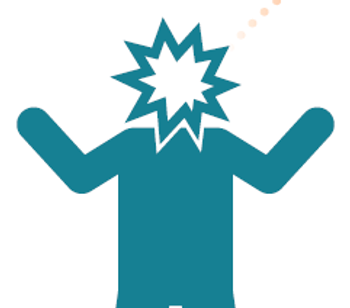
The views of mental health experts on changes in psychiatric theory and practice since World War II.

Playing helpless witness to a growing epidemic with no cure takes us back in time. The Hippocratics called it the “art” of medicine. It does not take a psychiatrist, however, to see that this “artful” approach frequently fails in public health crises.
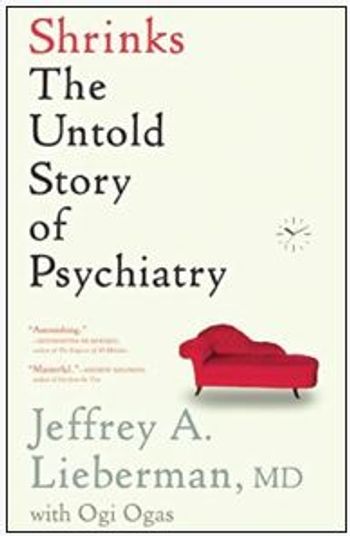
The author of this book tells the story of the evolution of psychiatry from a place of skepticism and distain to its more recent emergence as a modern neuroscience.
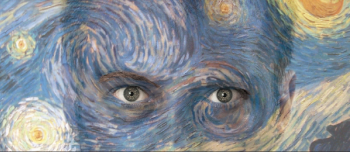
It is clear that unless things change radically in the coming decades, psychiatry-like other branches of medicine-will have to accommodate itself to the effects of disruptions to existing ecosystems.
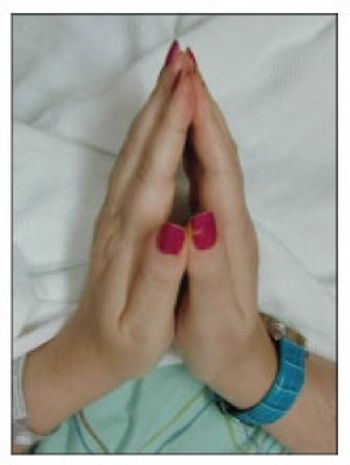
Watchman Nee’s suggestion of a potential link between spirituality and mental health is no longer foreign to the field of psychiatry. Recent studies indicate that spiritual beliefs may have a positive effect on mental health.

What do physicians intend by the term “disease”? The recent IOM report on “systemic exertion intolerance disease” (formerly known as chronic fatigue syndrome) casts this question in a new light and has many practical implications for patients, physicians, and third-party payers.

After years of working with troubled individuals claiming to have been abducted by extraterrestrials, Harvard University Professor John Mack published a book. What made Mack and the book so controversial was the fact that he had come to accept that his patients’ stories were an accurate description of real events.

Advances in psychiatric research, spanning the entire spectrum of biological, psychological, and social aspects of mental processes and functions, have transformed the field of psychiatry. More in this inaugural piece by Psychiatric Times' Editor in Chief.

If you're up for a little ancient humor, you'll love this original translation of an ancient Babylonian text in which a physician is jilted on a fee, then is further embarrassed in his efforts to collect it.

A brief psychological portrait of this psychiatrist/poet.

A limited sampling presented here lends no support to Dr Thomas Szasz’s claim that 19th century physicians regarded the term “mental disease” as merely a figure of speech; on the contrary, several prominent physicians of this era recognized such conditions as both real and debilitating.

In the 1980s, thousands of patients insisted they were recovering childhood memories of physical and sexual abuse during Satanic cult rituals. Here: a look back at the moral panic.

In the history of psychiatry, the First World War is often identified with the rise of the disorder of “shellshock.” However, many in both the medical community and the military establishment were dubious of the claim that war could produce psychiatric symptoms.

During the first half of the 19th century, the asylum appeared to offer an innovative way for society to humanely manage and effectively treat mental illness.

If historians have demonstrated anything, it is that psychiatry, clinical psychology, and psychotherapy cannot be neatly associated with any one particular kind of political ideology or movement.

In the run-up to publication of DSM-5, there was much discussion of the extent to which the pharmaceutical industry-“Big Pharma”-stood to profit from the revisions.

Concerns are raised about DSM-5 revisions in the definition of depression. Many worry that eliminating the bereavement exception in the guidelines for the diagnosis of major depressive disorder represents a dangerous move.

Very important-but generally neglected-aspects of the history of psychiatry provide something of a glimpse of what historians of mental health and illness are mulling over these days.

When this physician published an article containing his case summaries of 3 women with dementia praecox, he made it clear that this was a disease that neurologists and physicians in general practice could easily and reliably diagnose by following his diagnostic procedures.

A common misconception about the history of mental illness is that, before Freud and psychoanalysis, there was no such thing as talk therapies or what is commonly known today as psychotherapy.

Historical records reveal Don Juan syndrome was a recognized diagnosis that referred to forms of hypersexuality and sex addiction.

Psychology and psychiatry at the turn of the last century considered the will an indispensable category. Not so today.